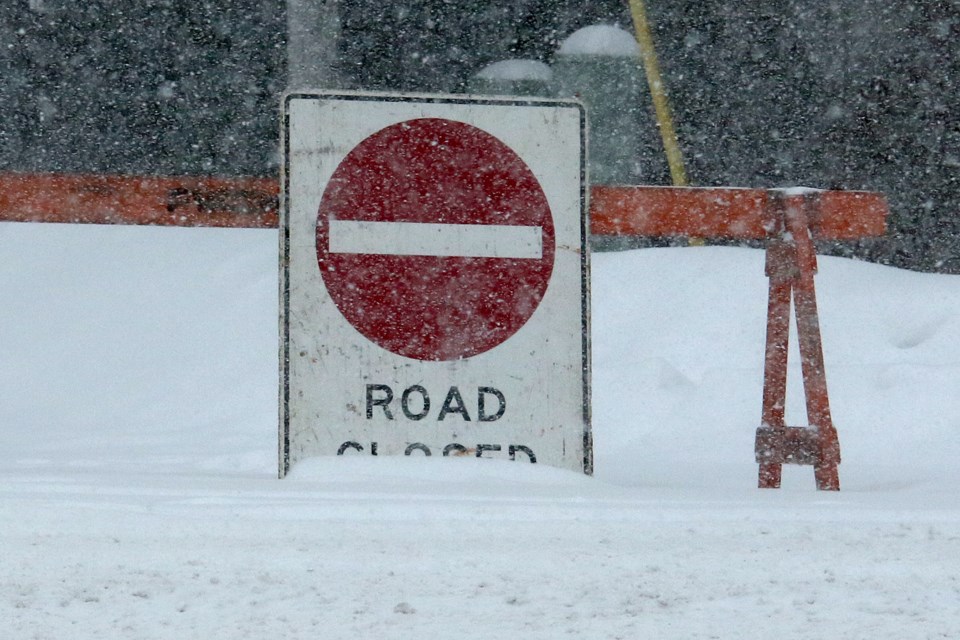THUNDER BAY – With this year’s milder temperatures causing challenges to the winter road season, members of NAN are calling on the provincial and federal government for immediate aid for affected First Nations in need of fuel and essential non-perishable goods.
Patty Hajdu, minister of Indigenous services, said she is deeply concerned about the winter road network, adding that Northern Manitoba chiefs and councils are experiencing the same issue as Northern Ontario communities.
NAN represents 49 First Nation communities on Treaty 5 and 9 territories across Ontario’s North. However, out of the 40 communities listed on NAN’s winter road updates web page, only North Caribou Lake had a winter road open to full loads as of Feb. 2.
When asked if the federal government will be setting aside additional funding for road subsidies and freight, Hajdu said she has committed to help affected territories and “no one will go without essential needs like fuel, food, and medical supplies.”
“I've asked NAN and Manitoba leadership to come together with me, not just to talk about the urgent needs this winter, but what we will do together to address the adaptability that we're all going to have to demonstrate as we see a warming climate,” she said.
According to NAN Grand Chief Alvin Fiddler, the ice is not dense enough to support the weight of heavy tankers. The extra cost to have fuel flown into far-north communities is unaffordable.
However, Hajdu also addressed the challenge of transporting essential goods such as building supplies for infrastructure. These will all need to be flown in at extra cost if there is no road access to these communities.
“I think we can all manage to get people the very basic essentials that you need for life. But what we're trying to do together is to try to ameliorate some of the infrastructure gaps that really plague communities and winter roads are an essential part of that work,” she said.
And that is where Hajdu pointed out another particular challenge, the federal government does not have jurisdiction over permanent winter roads or permanent road infrastructure.
“Permanent winter roads or permanent road infrastructure fall squarely within the jurisdiction of Ontario or Manitoba or any province or territory. In fact, the federal government cannot create those roads or determine where those roads are going to go without the province being there as it is their jurisdictional right,” she said.
Hajdu noted she is looking forward to speaking with the province to see what the federal government can do to help facilitate a creative solution to end the state of emergency.
“I think we're going to have to be thinking creatively, at least in the near term, about how we will get equipment and infrastructure into communities that are no longer able to count on the six weeks of transportation that has been a lifeline for those infrastructure projects and other major transportation needs,” she said.



